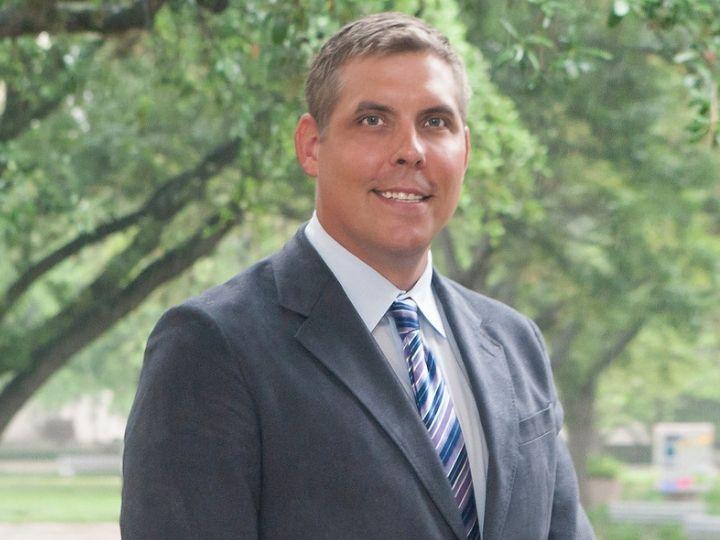NIH awards $2.7 million for clinical trial to develop, test digital therapeutic

Credit: University of Houston
A University of Houston researcher is developing a behavioral health care app to address COVID-related health disparities in racial and ethnic populations, where health inequality has been magnified during the pandemic.
“As a society we need to increase access to high-quality mental health care and to do that we need all styles of care in place including what I call digital therapeutics,” said Michael Zvolensky, Hugh Roy and Lillie Cranz Cullen Distinguished University Professor of psychology at the University of Houston. The National Institute of Mental Health awarded Zvolensky $2.7 million for further development and testing of the downloadable application named EASE (Easing Anxiety Sensitivity for Everyone).
With thousands of pre-programmed suggestions, the app provides solutions in real time if a participant is anxious. For instance, if a user sends the app a message about feeling stressed, he or she would receive an immediate suggestion of how to curb the feeling. The suggestions involve ways to ground yourself, things like taking a deep breath or slowly noticing five things around you to reregulate a distressed emotional state.
“This is a cutting-edge way to deal with mental health problems that we hope will eventually be approved by the Food and Drug Administration,” said Zvolensky, who is also director of the Anxiety and Health Research Laboratory/Substance Use Treatment Clinic at UH.
Clear health disparities have emerged in rates of COVID-19 exposure, hospitalization, and death among Black, Latinx, and American Indians (BLAI), relative to non-Latinx white (NLW) individuals; and BLAI populations are disproportionately affected by lower behavioral health access and heightened negative mental health outcomes as a result of the pandemic. According to the Centers for Disease Control and Prevention, American Indians have had COVID-19 hospitalization rates about 5.3 times that of white people, and COVID-19 hospitalization among Black and Latinx people were both about 4.7 times the rate of white people.
The randomized clinical trial group testing the app will include 800 participants – 200 Black, 200 Latinx, 200 American Indian and 200 white, all who suffer from some form of anxiety, depression or COVID-related stress.
“When you treat someone for anxiety you don’t always focus on simply reducing their anxiety symptoms. Rather, you teach them about their dysfunctional thinking styles and how to correct them so that they can better manage anxiety and related stressors. For example, by reducing one’s sensitivity to anxiety symptoms (i.e., fear of the negative consequences of anxiety) you can improve their mental and behavioral health. The app delivers anxiety sensitivity reduction and educates them about the role of anxiety sensitivity in their mental health. By doing so we lessen the risk that they’ll have more severe mental health problems,” said Zvolensky.
Zvolensky collaborated with Michael Businelle and programmers from the University of Oklahoma Health Sciences Center to create the application.
###
Media Contact
Laurie Fickman
[email protected]




